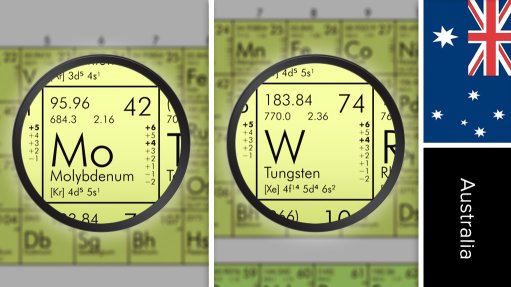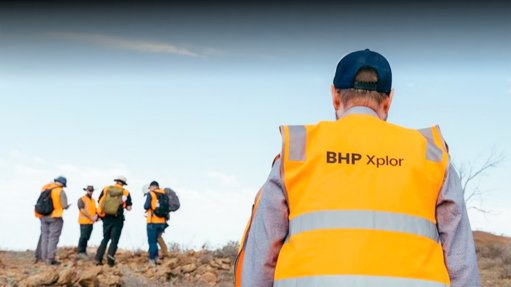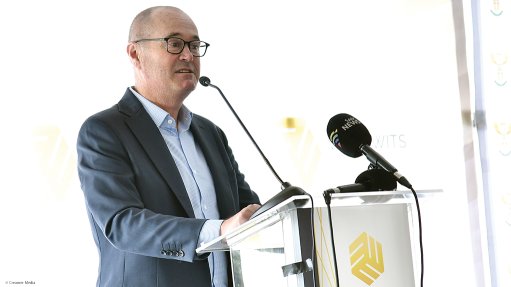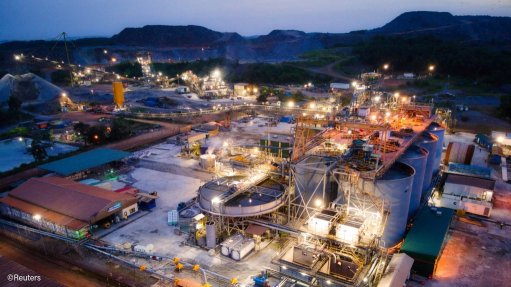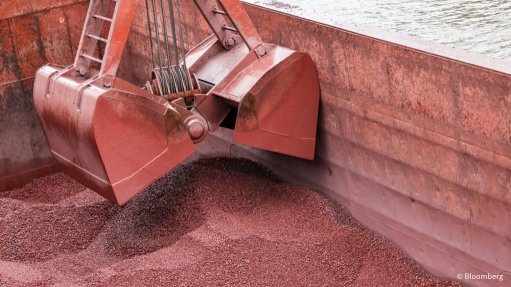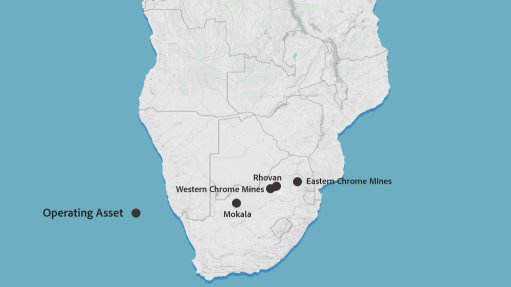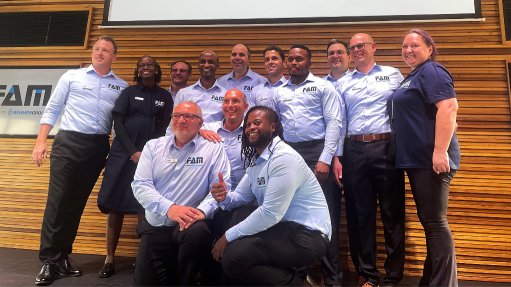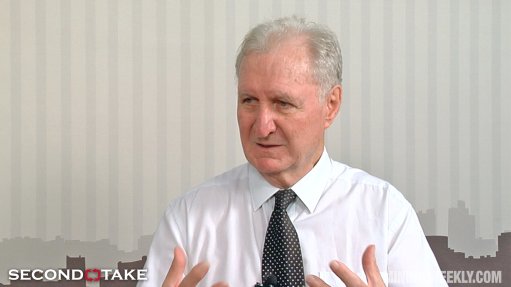Technology can turn South Africa’s water leaks into revenue streams
Technology and collaboration are key to solving one of South Africa’s most pressing water challenges: the loss of nearly half the country’s clean, treated water.
South Africa’s national nonrevenue water stands at 47%, an increase from 37% in 2012, exacerbated by leaks, bursts, faulty meters or illegal connections, and representing R7.2-billion a year in lost municipal revenue that could be reinvested in the country’s infrastructure.
Fundamental transformation powered by technology, anchored in collaboration, can recover these losses, says Siemens sub-Saharan Africa CEO Sabine Dall’Omo.
Smart meters, artificial intelligence- (AI-) powered leak detection and partnership models are essential to move municipalities from reacting to outages to preventing them – while also recovering lost revenue.
Solving the nonrevenue water crisis requires an understanding of its complex anatomy.
While physical leaks from ageing infrastructure are the most visible symptom, accounting for the bulk of losses, the challenge runs deeper, and includes financial losses resulting from inaccurate or non-existent meters, as well as issues related to billing and revenue collection.
“These go beyond technical failings – reflecting symptoms of historically underfunded maintenance, a shortage of specialised skills and a lack of granular, real-time data to guide decision-making,” she comments.
“South Africa cannot manage what it does not measure accurately,” says Dall’Omo, noting that this is where digital innovation directly links to water security, with solutions such as advanced electromagnetic and battery- operated flow meters, equipped with 4G and NB-IoT connectivity.
“By providing precise, real-time data from across the distribution network, they replace ambiguity with accuracy, forming the first critical layer of a digital water system.”
Once the country can accurately measure water flow, the next step is to manage that data intelligently.
“This is where platforms like Gridscale X Meter Data Management for Water prove their worth. For instance, these systems can create a digital twin of the water network, driving operational improvements that go far beyond simple “meter-to-cash” processes.”
Further, AI applications, like Leak Finder and Blockage Predictor, elevate water management from a reactive to a predictive discipline.
By analysing real-time data from smart meters and hydraulic models, these AI-powered tools can reduce leakages by up to 50%; pinpoint the location of a leak to within 200 m, dramatically reducing the time field crews spend searching; and identify a leak within two hours of its occurrence, driving rapid intervention that saves water and prevents minor issues from escalating into major network failures.
“AI can help identify customer-side leaks as small as one litre an hour, gaining up to eight times more revenue from targeted meter replacements, and reducing the time it takes to complete daily workflows by up to 85%,” Dall’Omo continues.
It empowers municipalities to proactively manage their resources, preserve their infrastructure and secure their revenue streams.
However, even the most advanced technology is only half the solution. Implementing these solutions requires capacity, expertise and sustainable funding models.
“Therefore, no single entity – whether a technology provider, a municipality, or a government department – can solve this alone,” she warns, highlighting that joint effort among the private sector, development finance institutions and the government is vital for significant investment in upgrading South Africa’s water infrastructure.
Dall’Omo points to innovative models, such as South Africa’s performance-based contracts, for example, which allow the private sector to invest in nonrevenue water initiatives in exchange for a portion of the savings, holding significant potential.
“While not a silver bullet, they represent a viable mechanism for municipalities to accelerate the pace of change.”
South Africa’s recently established Water Partnership Office also holds potential to streamline and fast-track critical infrastructure projects.
“The road ahead is challenging, but the vision is clear. This collaborative effort can help build a South Africa where municipalities are empowered with the tools and data to manage their networks proactively, and where every citizen has access to a reliable supply,” she concludes.
Article Enquiry
Email Article
Save Article
Feedback
To advertise email advertising@creamermedia.co.za or click here
Press Office
Announcements
What's On
Subscribe to improve your user experience...
Option 1 (equivalent of R125 a month):
Receive a weekly copy of Creamer Media's Engineering News & Mining Weekly magazine
(print copy for those in South Africa and e-magazine for those outside of South Africa)
Receive daily email newsletters
Access to full search results
Access archive of magazine back copies
Access to Projects in Progress
Access to ONE Research Report of your choice in PDF format
Option 2 (equivalent of R375 a month):
All benefits from Option 1
PLUS
Access to Creamer Media's Research Channel Africa for ALL Research Reports, in PDF format, on various industrial and mining sectors
including Electricity; Water; Energy Transition; Hydrogen; Roads, Rail and Ports; Coal; Gold; Platinum; Battery Metals; etc.
Already a subscriber?
Forgotten your password?
Receive weekly copy of Creamer Media's Engineering News & Mining Weekly magazine (print copy for those in South Africa and e-magazine for those outside of South Africa)
➕
Recieve daily email newsletters
➕
Access to full search results
➕
Access archive of magazine back copies
➕
Access to Projects in Progress
➕
Access to ONE Research Report of your choice in PDF format
RESEARCH CHANNEL AFRICA
R4500 (equivalent of R375 a month)
SUBSCRIBEAll benefits from Option 1
➕
Access to Creamer Media's Research Channel Africa for ALL Research Reports on various industrial and mining sectors, in PDF format, including on:
Electricity
➕
Water
➕
Energy Transition
➕
Hydrogen
➕
Roads, Rail and Ports
➕
Coal
➕
Gold
➕
Platinum
➕
Battery Metals
➕
etc.
Receive all benefits from Option 1 or Option 2 delivered to numerous people at your company
➕
Multiple User names and Passwords for simultaneous log-ins
➕
Intranet integration access to all in your organisation







